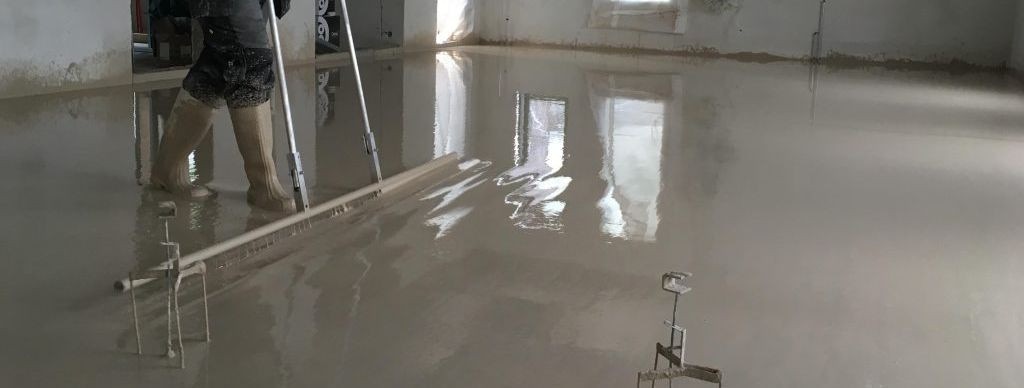The acoustic benefits of gypsum casting floors
Gypsum is a naturally occurring mineral composed of calcium sulfate dihydrate. Known for its fire-resistant and sound-insulating properties, gypsum has been used in construction for centuries. It is also a primary ingredient in plaster and drywall, making it a familiar material in the building industry.
Gypsum casting floors, also known as anhydrite or self-leveling floors, are a type of underlayment that is poured over a substrate to create a smooth, level surface. This flooring solution is particularly suitable for use with radiant heating systems due to its excellent thermal conductivity.
The Acoustic Advantages of Gypsum Casting Floors
Gypsum casting floors possess inherent sound absorption qualities. The porous nature of gypsum allows it to dampen and absorb sound waves, contributing to a quieter and more serene indoor environment. This is particularly beneficial in multi-story buildings where sound transmission between floors can be a concern.
Impact noise, such as footsteps or dropped objects, can be significantly reduced with gypsum casting floors. The density and mass of gypsum provide a cushioning effect, which helps to dissipate the energy of impacts and minimize the sound that travels through the floor.
When compared to other flooring materials like concrete or hardwood, gypsum casting floors offer superior sound dampening properties. This makes them an ideal choice for buildings where acoustic comfort is a priority.
Technical Aspects of Gypsum Floors and Acoustics
The Sound Transmission Class (STC) rating measures the ability of a floor to reduce the transmission of airborne sounds such as voices or music. Gypsum casting floors can achieve high STC ratings, indicating their effectiveness in blocking sound transmission.
The Impact Insulation Class (IIC) rating assesses a floor's ability to reduce impact sound transmission. Gypsum floors typically have high IIC ratings, which is a testament to their ability to soften and absorb impact noises.
By integrating gypsum casting floors into a building's design, architects and contractors can significantly enhance the STC and IIC ratings of the structure. This results in a more acoustically isolated and comfortable living space.
Additional Benefits of Gypsum Casting Floors
Beyond their acoustic benefits, gypsum casting floors are highly efficient in conducting heat, making them an excellent match for radiant heating systems. This ensures a uniform distribution of warmth throughout the space, enhancing the overall energy efficiency of the home.
Gypsum casting floors are known for their durability and longevity. When properly installed and maintained, they can last for decades without showing signs of wear or deterioration.
As a sustainable building material, gypsum has a lower environmental impact compared to many other flooring options. It is often sourced from recycled materials and is itself recyclable, contributing to a more sustainable construction process.






Comments (0)